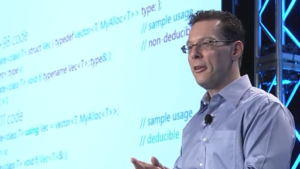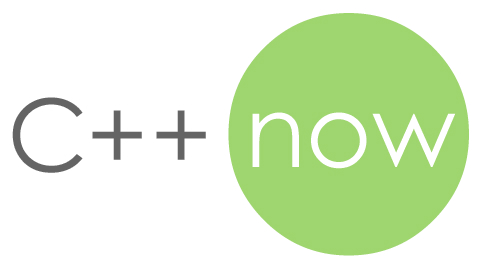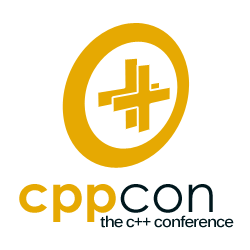Live Webinar: Developing C/C++ projects with CLion IDE and Conan C/C++ package manager--Kazakova
Learning about interesting tools!
Live Webinar: Developing C/C++ projects with CLion IDE and Conan C/C++ package manager
by Anastasia Kazakova
From the article:
This webinar will provide an introduction to developing large C/C++ projects using the package modularization and reuse offered by Conan package manager, and the power and convenience of the CLion IDE, using the CMake build system.

 CppCon 2017 just announced its keynote and plenary speakers:
CppCon 2017 just announced its keynote and plenary speakers:
 Herb is the convener (chair) of the ISO C++ standards committee.
Herb is the convener (chair) of the ISO C++ standards committee.
 Matt’s
Matt’s 
 Trip report!
Trip report!
 You want to know what happened?
You want to know what happened?